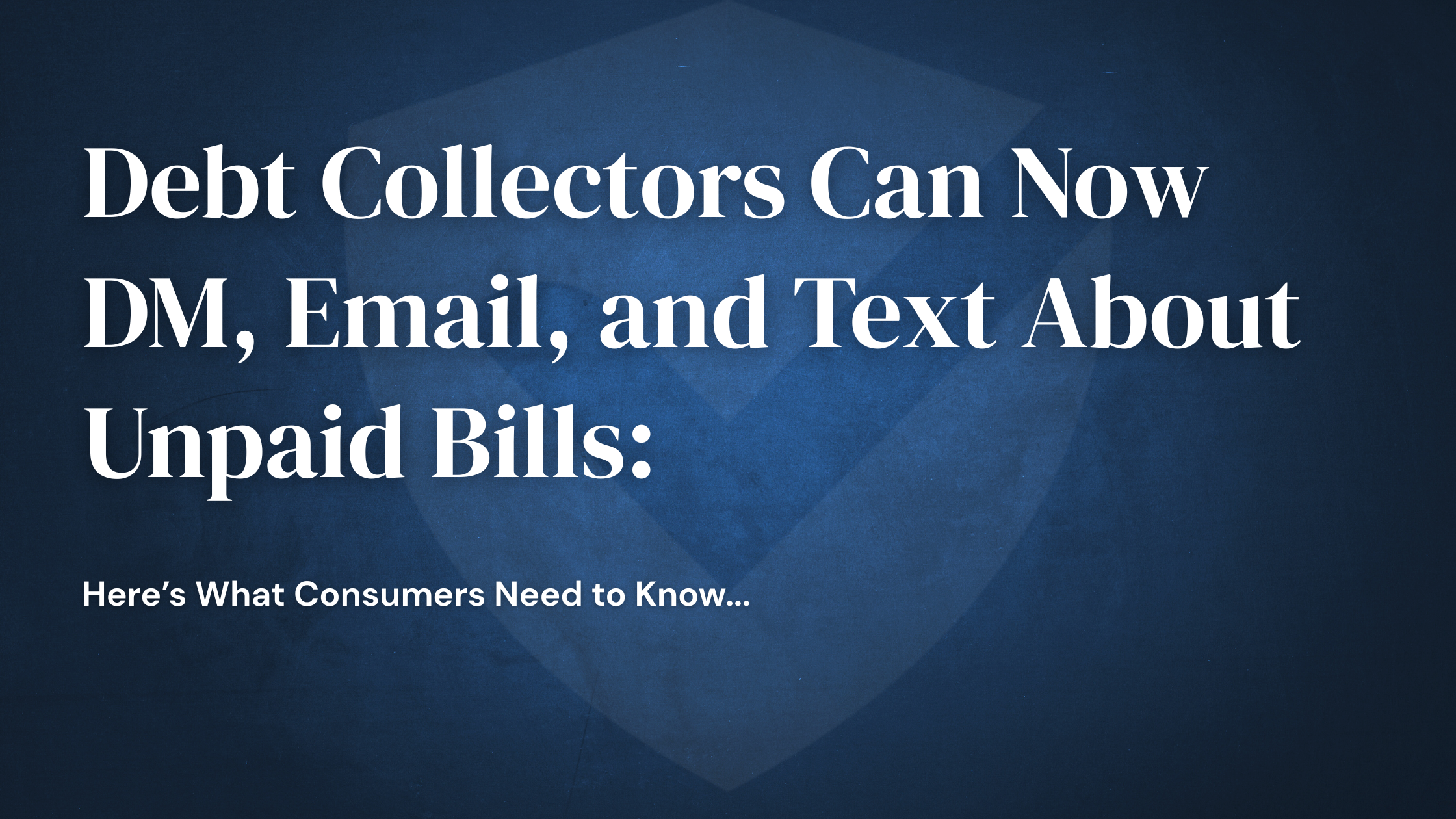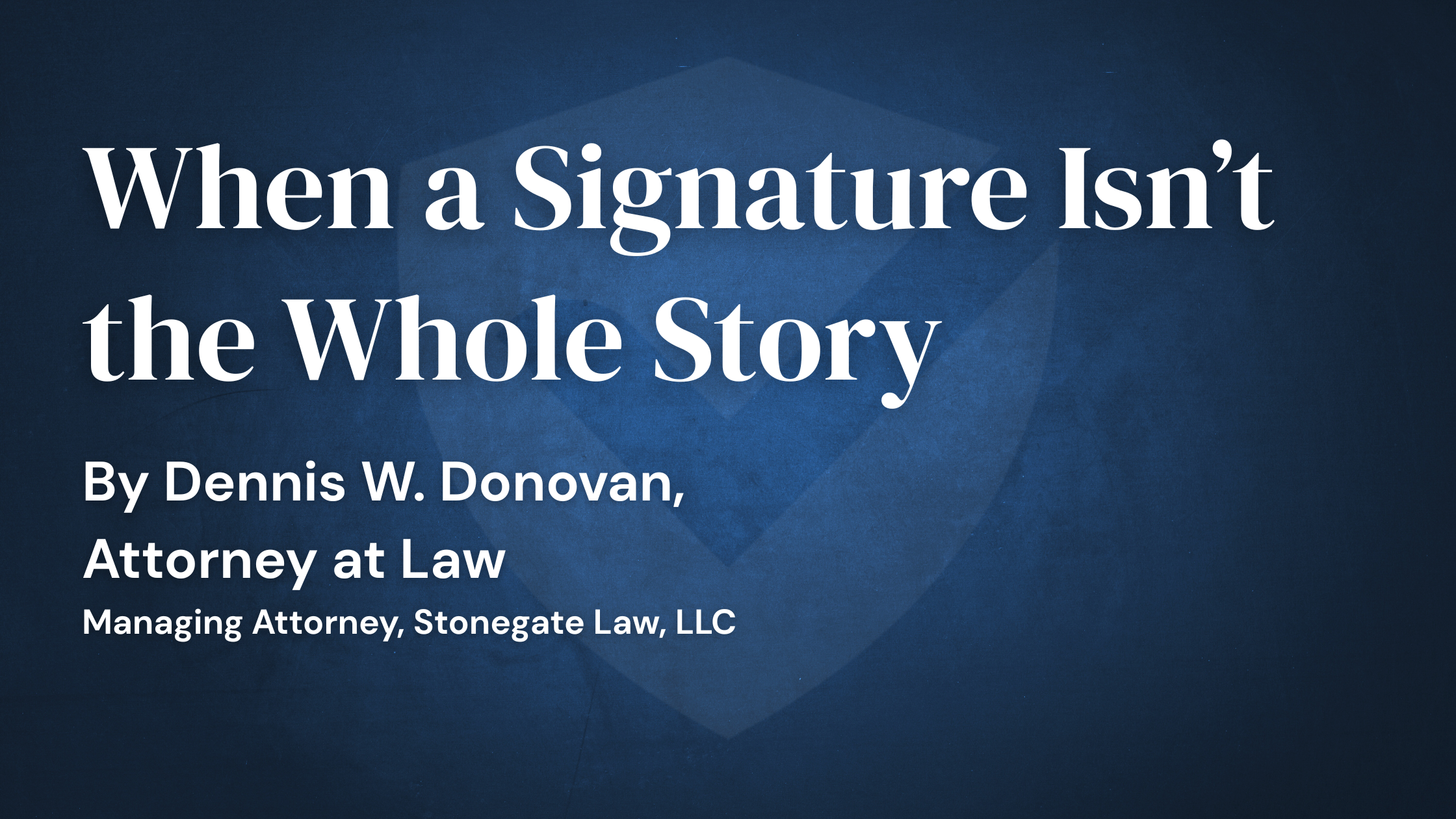If you have unpaid debts, don’t be surprised if you start seeing notifications from debt collectors in your social media inbox. Recent changes from the Consumer Financial Protection Bureau (CFPB) now permit collectors to reach out through text messages, emails, and even direct messages on platforms such as Twitter, Instagram, and Facebook Messenger.
New Rules for a Digital Age
The CFPB’s updated regulations acknowledge the evolution of digital communication, allowing debt collectors more avenues to contact consumers about debts owed. This shift means messages previously limited to phone calls and mailed notices can now appear in social media inboxes, email inboxes, and text message threads.
Advocates of the change argue it reflects modern communication habits, making it potentially easier to settle debts quickly. However, consumer advocacy groups have expressed strong concerns about potential risks, including privacy violations and increased vulnerability to scams.
Concerns Over Privacy and Fraud
“Allowing debt collectors to utilize direct messages and texts creates new privacy risks,” warned Lauren Saunders, Associate Director of the National Consumer Law Center. Saunders emphasized that these channels are less regulated and potentially more susceptible to scams, putting consumers at greater risk of harassment or deceptive practices.
Consumers must now exercise greater caution. It’s critical to verify the legitimacy of messages before responding or providing personal information, especially when communication occurs via direct messages or texts from unknown senders.
Your Rights Under the New Rules
The CFPB guidelines also establish clear boundaries to protect consumers. Debt collectors are required to provide easy opt-out mechanisms for digital messages, and they cannot publicly post about debts or publicly contact consumers on social media timelines or feeds.
Additionally, debt collectors must clearly identify themselves in digital communications and inform consumers how to opt-out of such contact methods. Consumers retain the right to dispute debts or request proof of debt before proceeding further.
What Consumers Can Do
Experts advise vigilance and caution. If you receive a message about debt collection via digital channels, confirm its authenticity by independently contacting the company through verified channels. Consider consulting with consumer advocacy groups or financial advisors if you suspect fraud or harassment.
Ultimately, staying informed and knowing your rights can help prevent potential misuse of these new digital communication avenues.





